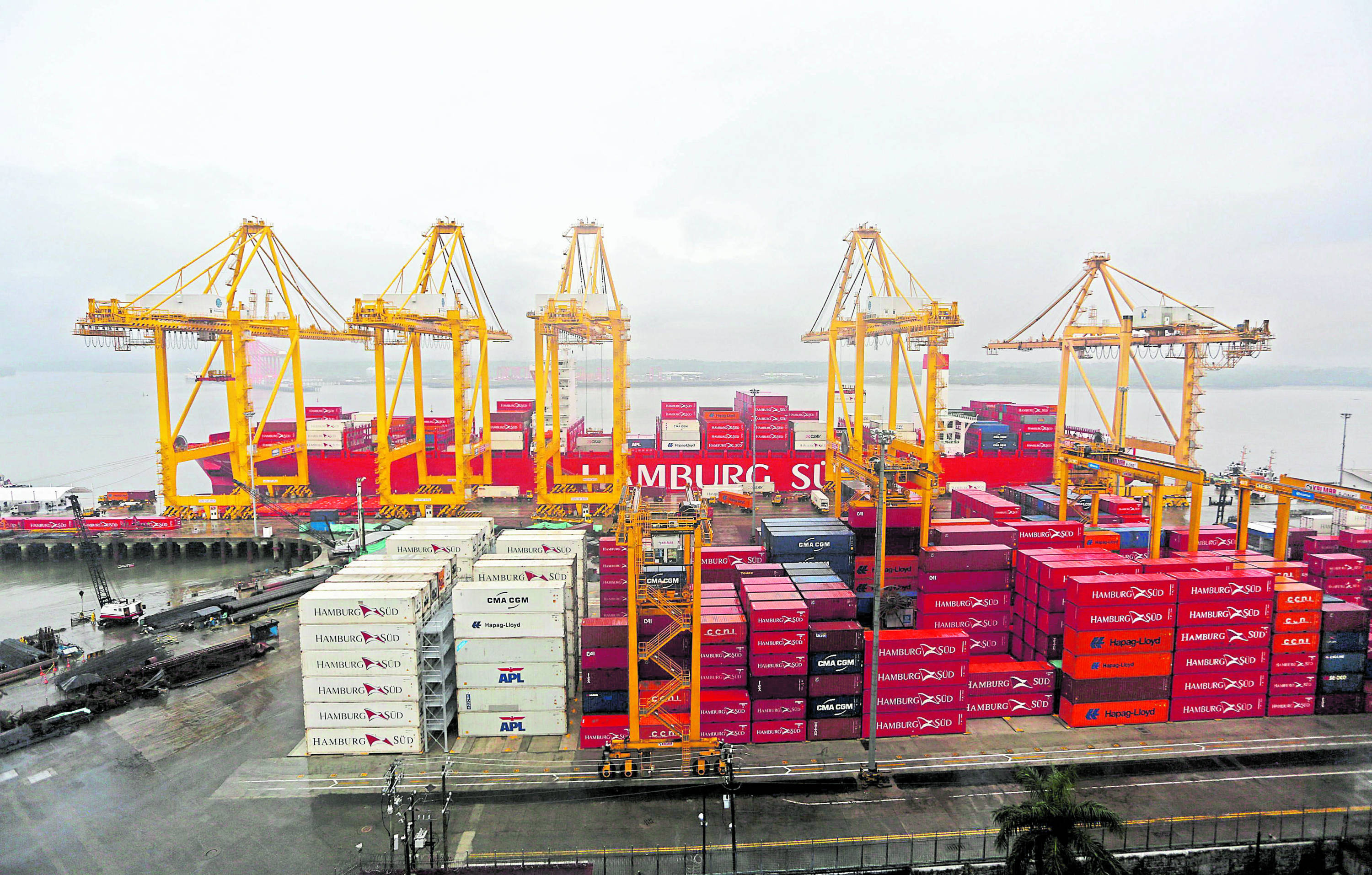What advantages does creating a sustainable supply chain offer a company?

In the midst of an increasingly interdependent global economy subject to geopolitical tensions, global supply chains are increasingly being disrupted, impacting companies and their production capacity. This is where, according to experts, sustainability emerges as a necessity, ceasing to be a factor solely related to social responsibility and becoming a strategic production requirement.

Global logistics chains have been disrupted in recent years. Photo: Private archive
Supply chains—previously thought of solely as logistics routes—are now key platforms for transforming the production model of companies worldwide, not only because they offer the possibility of being efficient in terms of energy and fuel costs, but also because they allow for impacting the communities near where companies operate.
In this sense, according to Sergio Rengifo, executive director of the Colombian Business Council for Sustainable Development (Cecodes), sustainable supply chains are now a new standard for competitiveness. Cecodes recently launched its "Sustainable Supply Chains" program, which seeks precisely that: to help companies integrate environmental, social, and governance (ESG) criteria into every step of their operations.
According to the expert, it's not just about complying with regulations or consumer demands, as consumers are increasingly seeking companies that share their values in terms of protecting global nature and taking action to address the climate crisis. It's also about anticipating risks, strengthening resilience, and generating shared value with suppliers and communities.
In an interview with EL TIEMPO, Rengifo explains the advantages sustainability offers within supply chains, what the newly launched program entails, how it can be implemented in Colombia, and why it is urgent for companies—large and small—to understand that sustainability in the supply chain is not only viable, but essential.

Sergio Rengifo, executive director of Cecodes. Photo: Cecodes
This program is designed for companies involved in complex supply chains, especially those operating in global markets. In the current context, with the reconfiguration of global trade—such as nearshoring, reshoring, regulatory changes, and the imposition of new trade tariffs, especially with the return of Donald Trump—having a resilient, transparent, and sustainable supply chain is essential.
How does the operation of a company that uses sustainable supply chains change? Companies must be willing to review and transform their practices. This involves establishing sustainability standards with their suppliers and measuring social and environmental impacts throughout the entire supply chain. It also involves forming strategic alliances and using technological tools that enable traceability and efficiency.

Being sustainable is a matter of competitiveness, according to experts. Photo: iStock
Beyond regulatory compliance, this type of transformation allows companies to access new markets, improve their reputation, reduce risks, and increase their competitiveness. In some cases, it can also facilitate access to sustainable financing or government incentives.
What impact could this program have for Colombia in particular? A very significant impact. By transforming their supply chains, companies not only generate economic value, but also social and environmental value. This approach could boost the development of local suppliers, encourage more responsible practices, and contribute to the national decarbonization goal. If combined with other programs such as those of the UN Global Compact, the impact could be even greater.
Who can implement these types of actions in their companies? It's essential to understand that these types of programs aren't just for large corporations. SMEs can also benefit from integrating into these sustainable chains. Most importantly, sustainability isn't a burden; it's a strategic opportunity.
Environment and Health Journalist
eltiempo





